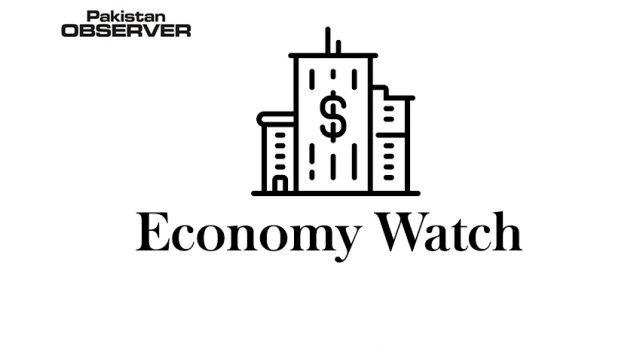ZUBAIR QURESHI
Private sector in Pakistan has tremendous potential and if encouraged and facilitated, the large businesses and the private sector can strengthen the government’s hands in fighting poverty and taking initiatives in community development sectors including health, education, social service. Well-known business leader, philanthropist and former Chief of Citizen Police Liaison Committee (CPLC), Sindh Ahmed Chinoy said this during a special talk titled “Extended Role of Private Sector in Community Development”organised by the Sustainable Development Policy Institute (SDPI). Chinoy said no government, particularly in the developing world, can achieve development objectives without due participation and support of the business community. He said community development through philanthropy, charity or corporate social responsibility by the private sector would go a long way in helping the government in the social sector. “Our Memon community, when migrated from India, helped resolve their majority issues through establishing their own community-led and community-owned developmentmodels”, said Chinoy adding through unity, commitment, trust and enthusiasm the different community groups able to establish model schools, health centers, where, without any discrimination based on creed, class or religion, everyone treated equally. Moreover, many other social work, services and initiatives such as marriages (Shadi-Madad), funerals, and housing etc., are being taken care of by these community development groups, he added. Chinoy said it was unfortunate that the government failed to provide the education, health and other social services and facilities to thecommunities which push the people to come forward and help resolve their issues on their own. Lack of trust in the government is the major factor that the private sector is doing their own on community development work, which needs to be bridged for collective efforts to tackle the societal challenges, he added. While describing the poor public service delivery of the government, Chinoy said there were only 3,882 government schools in 938 premises and only 4 general hospitals in Karachi, which has 18 districts and nearly 2 crore population. He said the government schools in Karachi had the capacity to enrol around 500,000 students, whereas, only 235,000 students are enrolled. This shows the level of governance, capacity and public service delivery by the government, he regretted. On performance and importance of the community development initiatives led by the private sector in Karachi, Chinoy said his community adopted 2 schools in every 18 districts and transformed them to model schools through teachers training, curriculum development and offering incentives to students, which resulted in significant increase of enrolments by 4 times.In the health sector, he said his community established more than 50 health facilities around Karachi including the Indus hospital, which is now being developed as a network of 14 Indus hospitals around the country and providing health services without discrimination. To a question on regulating the philanthropy, Chinoy said the government cannot and should not regulate the philanthropic work, as there is a lot of trust deficit. However, the government should partner with the communities and allow community participation for inclusive decision making and well-being of the society









